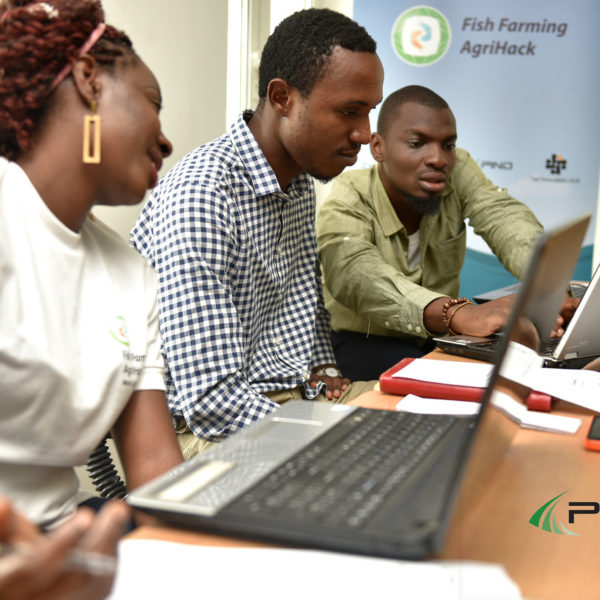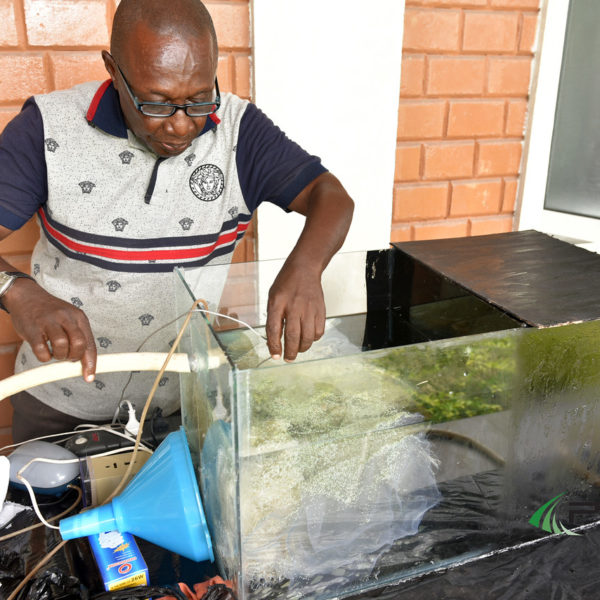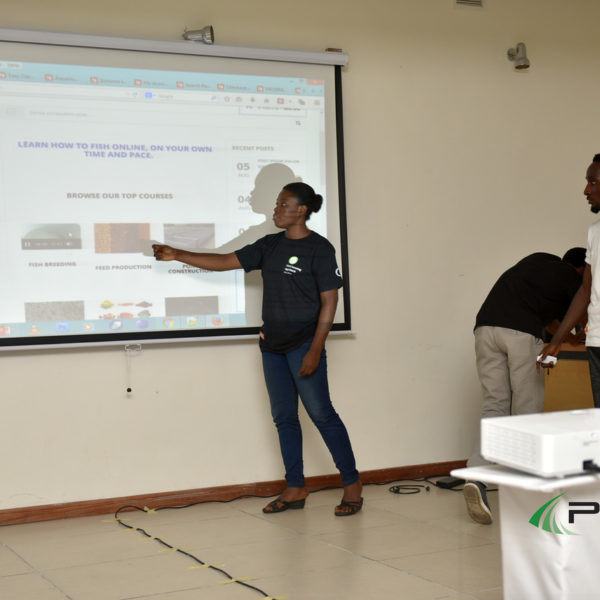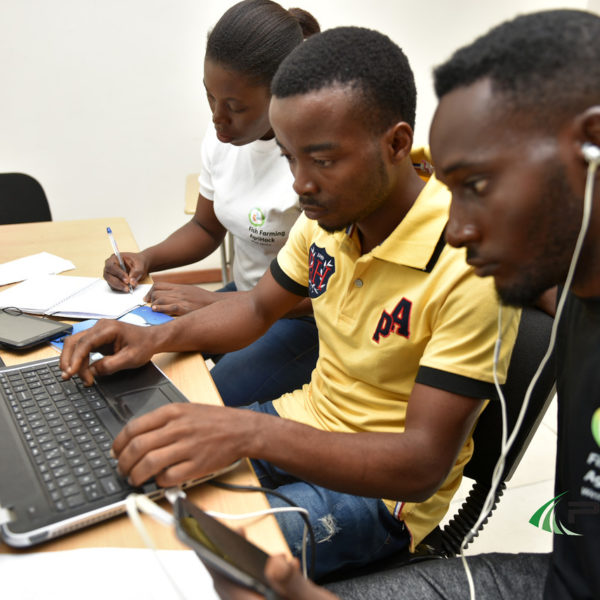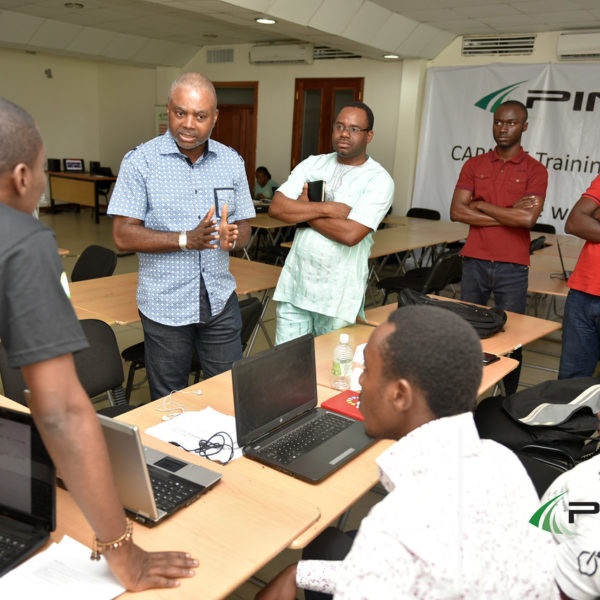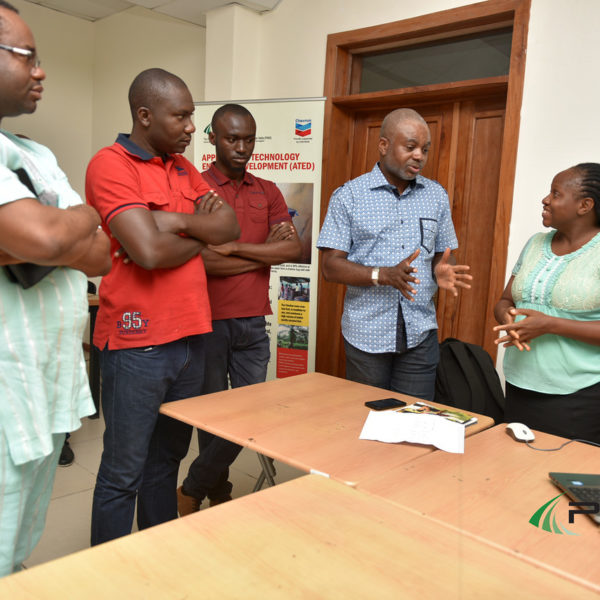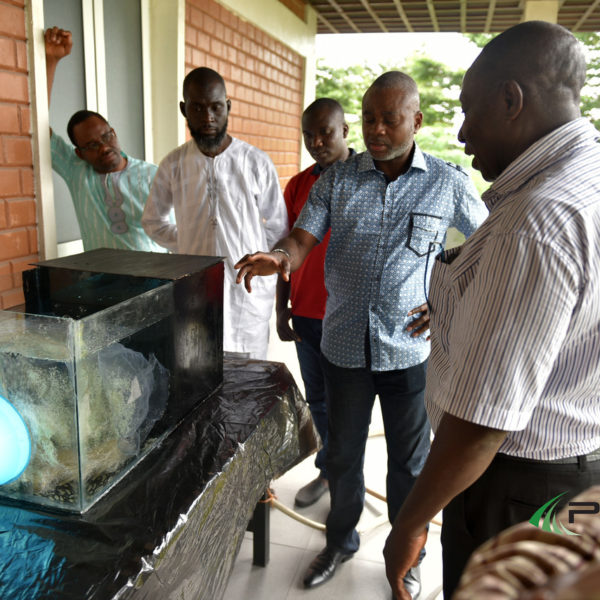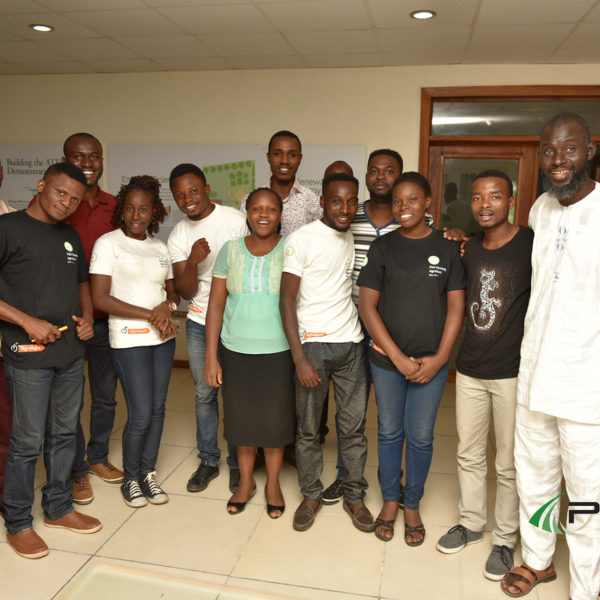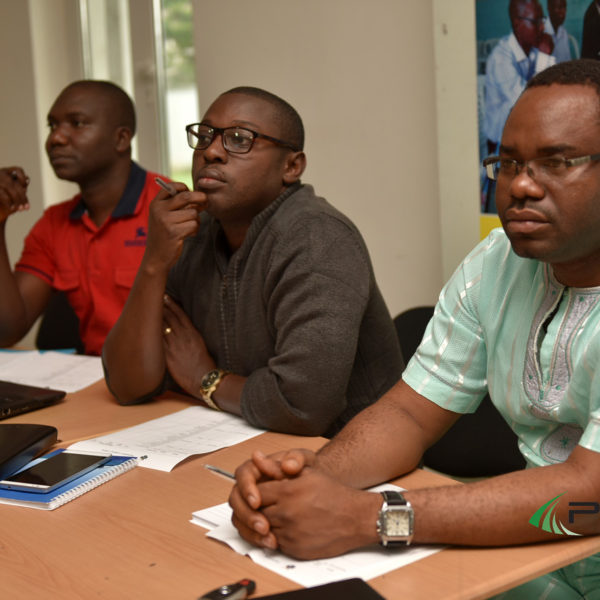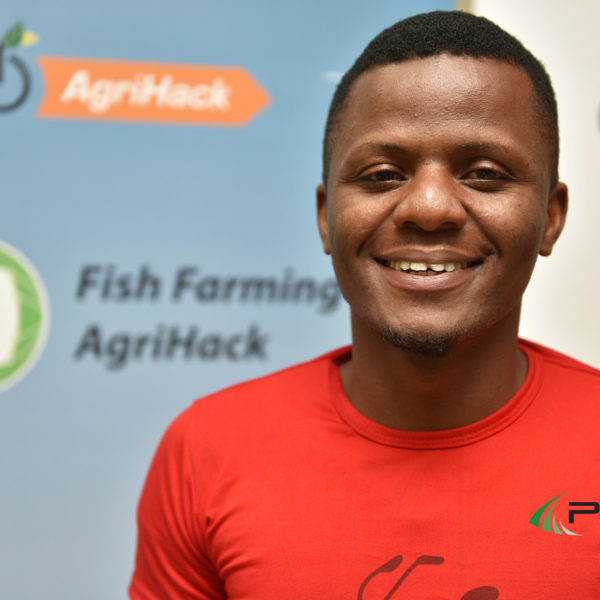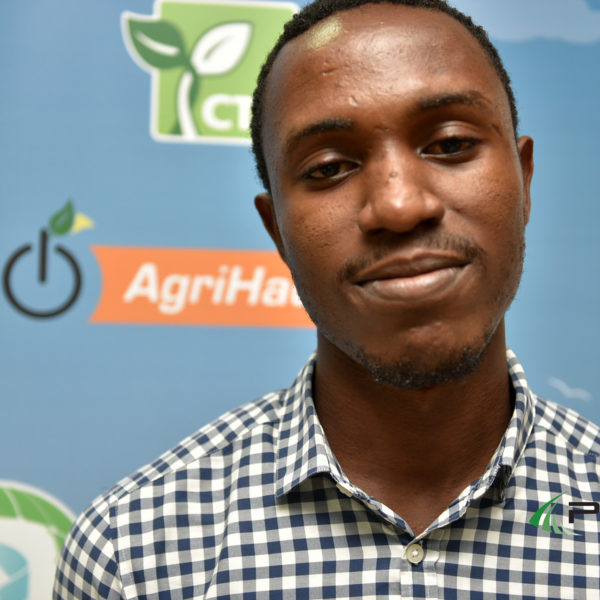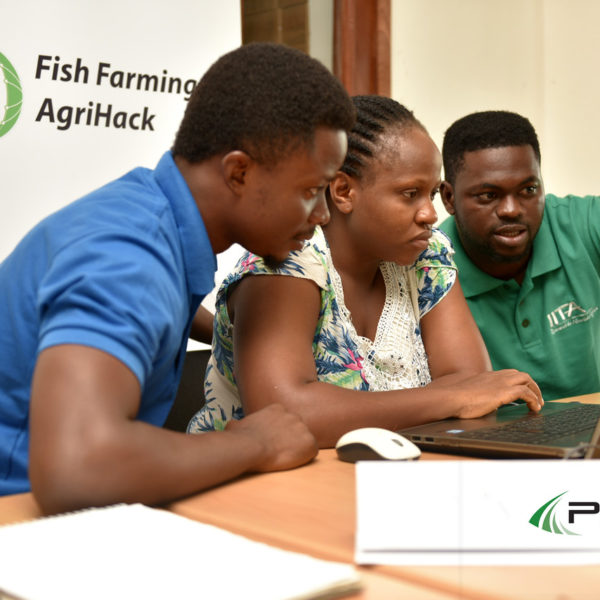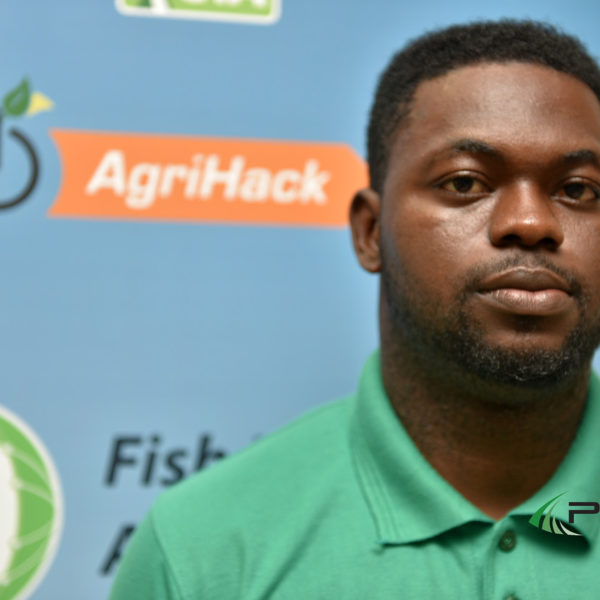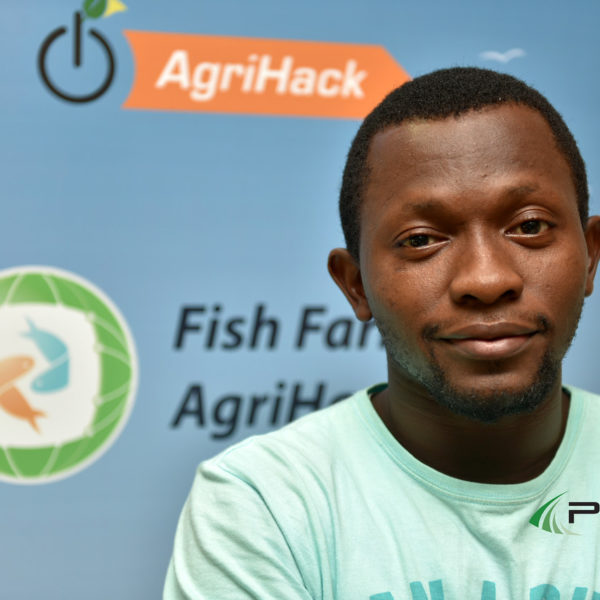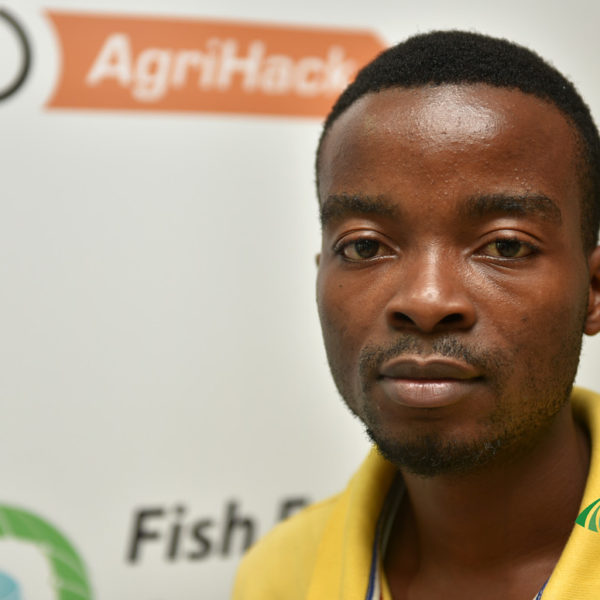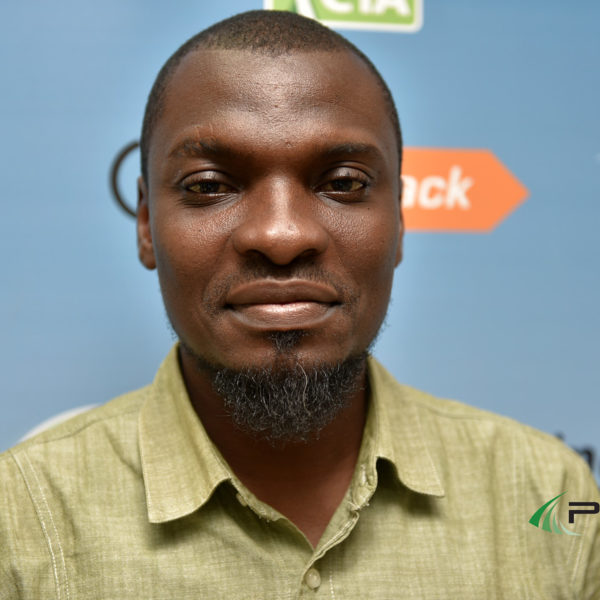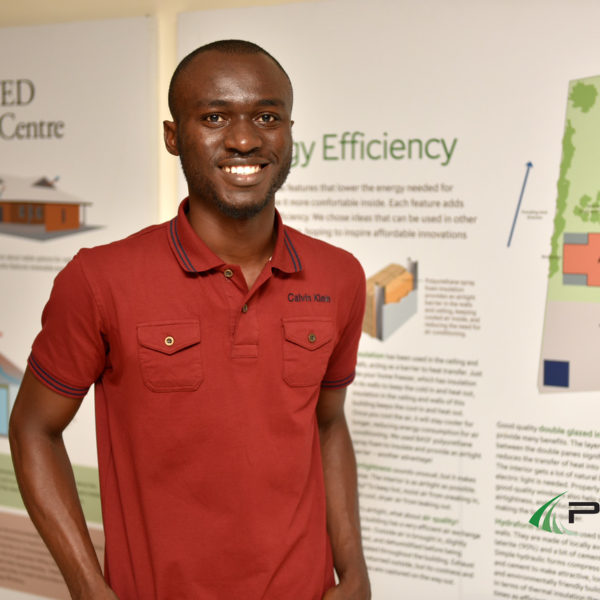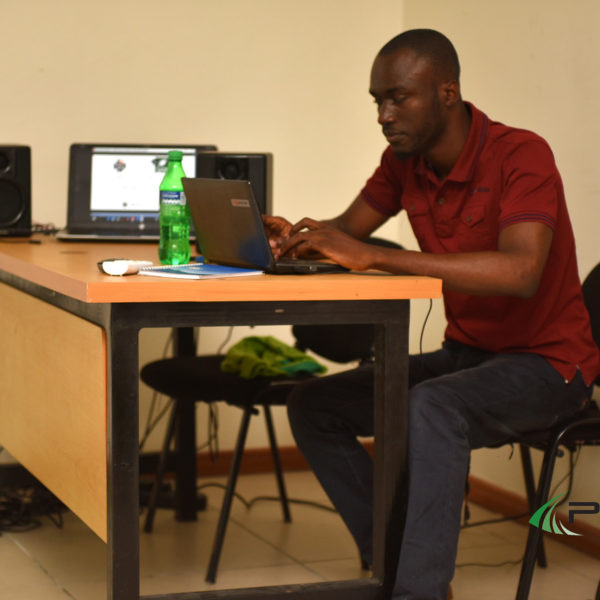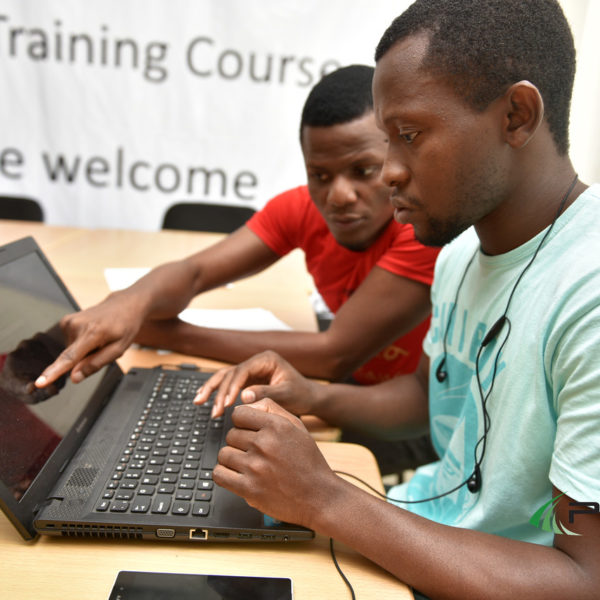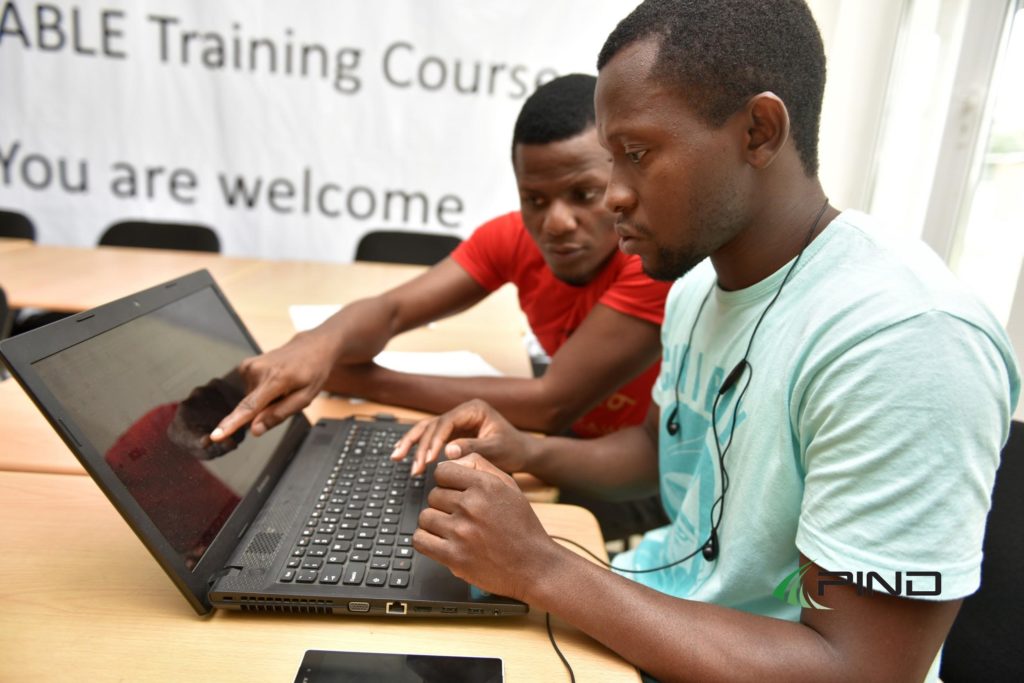
Last year, PIND worked with Wennovation Hub to bring together a group of young technologists to create technology solutions to help improve the efficiency of the aquaculture. Here, we tell the story from two perspectives: from our side, told by PIND Value Chain Technologies Coordinator Dr. Nabeel Adeyemi and Pascal Odogun, a member of Team Safari whose technology emerged among the winners at AgriHack, a competition where technologists worked with fish farmers to create technology-driven solutions to challenges in the aquaculture value chain.
Dr. Nabeel Adeyemi, PIND Value Chain Technologies Coordinator:
“I first heard of the Agrihack idea from Wennovation Hub. Eniola Mafe of NDPI connected Wennovation to PIND in July 2014 through Michael Oluwagbemi in our bid to get actors interested in appropriate technologies (ATs). Wennovation showed us their work in setting up startups and the discussion went into possible partnership into the value chain. We shared our value chain results with them, and they subsequently used these to formulate the AgriHack proposal and sent it to us.

Aquaculture made sense to us at PIND to explore because it has tremendous pro-poor economic potential. Small-scale fish-farming or artisanal fisheries make up about 80% of the fisheries sector, supplying roughly 82% of the country’s domestic fish production. The fisheries industry further supports almost 7 million people (directly and indirectly), and contributes to the livelihood, employment, and household food security of, especially, Nigeria’s coastal communities, including the Niger Delta. With the decline in capture fisheries, aquaculture is meeting only about 7.6% of the country’s current estimated fish demand of 2 million metric tons (annual), so there is yet plenty of room to innovate and grow in the sector.
PIND’s aquaculture intervention since 2012 to date identified and addressed issues of best practice, access to market and linkage between actors among other, leading to improved productivity along the value chain. With AgriHack, we are leveraging on existing infrastructure and successes to bring in youth that otherwise wouldn’t be interested in agriculture and also bridge the knowledge gap using ICT related activities.
From all the hackathons taking place in Warri, Lome, Cotonou and Ibadan, we selected the best four technology teams, and will be working to evaluate their development and performance between January and June 2017. Throughout this period, we will be giving them all the support they need, including expanding their network and access to funding. We hope to train up to 60 youth on aquaculture-related businesses and sensitize 120 aquaculture stakeholders on technology use. We hope this will lead to the creation of jobs as well.”
Pascal Odogun, Team Safari:
“My partner [Jude] told me about AgriHack. He heard of AgriHack, and thought our app Idea would work. We sent in an application and after a couple of weeks we were notified we were successful in the first round. We were told to stay alert for further instructions. Weeks later, we were invited for the five-day incubation.
This is how the app works: Farmers are price-takers, and when fish gets to the market and sell. Farmers don’t have the muscle to sell in urban areas, so they are at mercy of middlemen. Many farmers are old, and they’re mostly analog in their approach. Rather than having mobile apps that people may not be able to use, we use an SMS-based system that helps you access price data by sending commands, you let the system know you have produce by sending a command, and so on.
There’s mental resistance to technology sometimes when you are trying to get people to adopt these technologies, but the appeal has been ‘You can get a better price! What if I give you a platform where you can tell what the market is looking like and you can see what people are willing to pay?’ It’s something gaining ground, and there is interest.
The AgriHack was enlightening. Part of the activities was going to various clusters and for the first time I saw the environmental challenges the farmers were up against. I saw that fish farming is still a very costly affair. The hygiene conditions have a lot to be desired. Those are some obstacles in serving their produce to more upscale markets and even exports. At the time we were creating a solution that could plug into every market in the world, but we saw that even on the production end there was a lot to be done. We had a conversation on the side with Precious (PIND Business Linkages Senior Program Officer) on value chain issues in the Niger Delta, and it was very enlightening.
PIND and Wennovation Hub have been really generous. We’ve finalized the app and started doing demos in Nov/Dec 2016. We’ve tested now, and we have a final version. We are gathering our user stories, and when we hve enough strong ones we will do a big media splash.”
